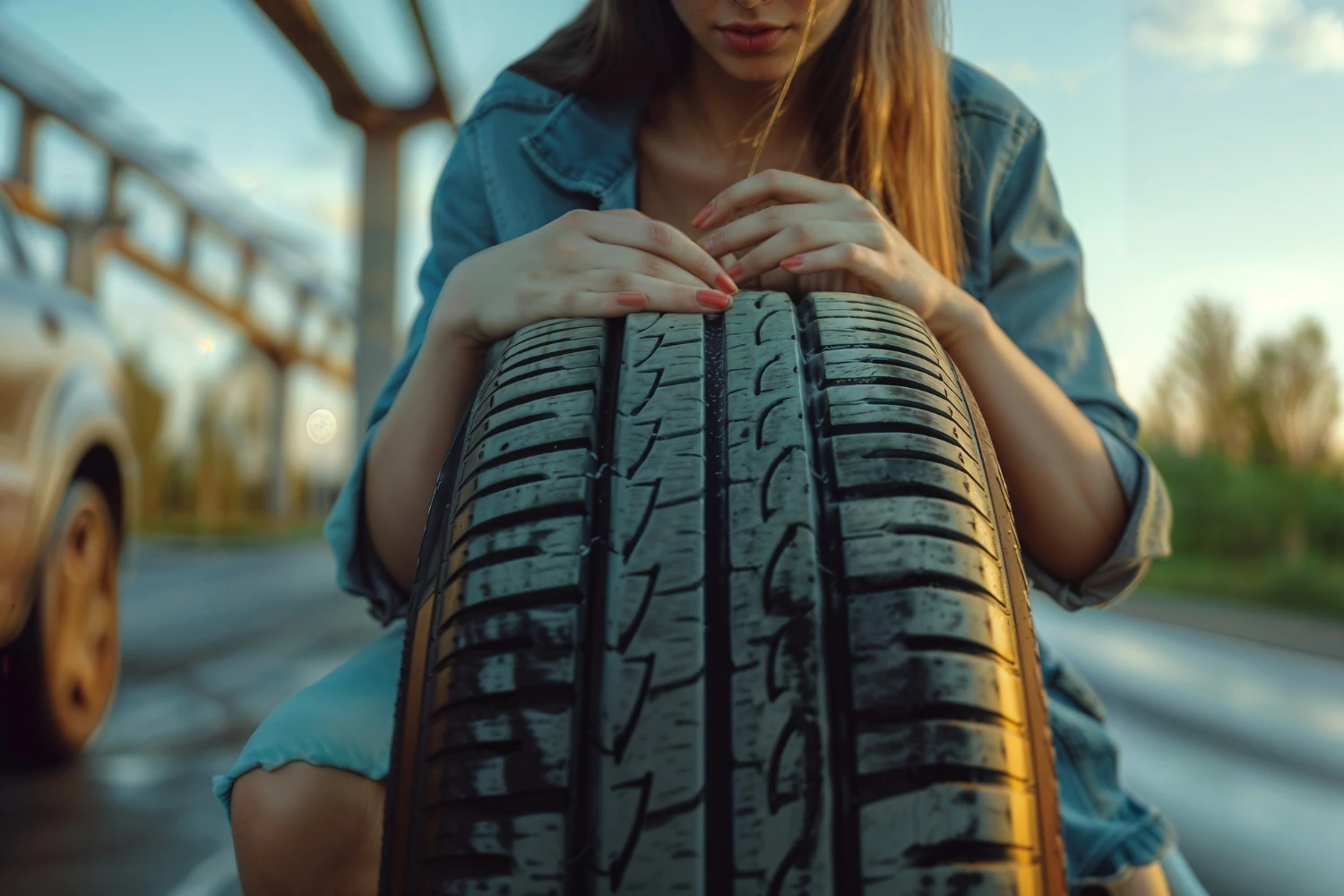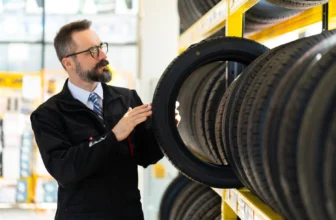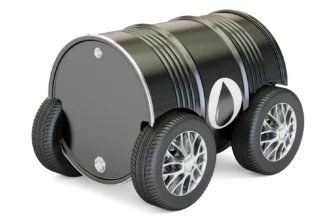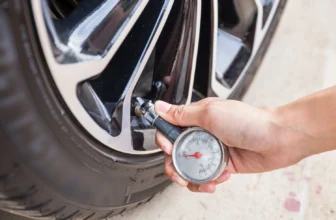
Introduction: Summer Tyres and the Pakistani Heat Problem
If you’ve ever wondered why your tyres wear out faster during the summer months in Pakistan, you’re not alone. Every year, drivers in Karachi, Multan, Lahore, and even hill stations like Abbottabad report reduced tyre life, premature cracks, and uneven tread wear. The culprit? Pakistan’s intense heat and the demanding road conditions that come with it. But it’s not just about temperature—it’s about how tyres react to heat, pressure, and driver behavior in this environment.
How Heat Accelerates Tyre Wear
Tyres are made from rubber compounds that react differently based on ambient temperature. In summer, particularly when temperatures cross 38°C or more (common in cities like Multan and Bahawalpur), the roads become hot enough to change the physical behavior of tyre rubber.
Heat-Related Effects on Tyres:
- Softer Compound Response: Heat softens the rubber, causing faster tread degradation.
- Increased Friction: Hot roads increase rolling resistance, especially during long drives or rush-hour braking.
- Sidewall Fatigue: Tyre sidewalls may develop micro-cracks when exposed to repeated expansion and contraction.
- Heat Cycle Damage: Repeated short trips in high heat prevent tyres from cooling down, reducing long-term durability.
Manufacturers like Michelin and Continental advise against exceeding the tyre’s temperature rating. Tyres not rated for high temperatures will deteriorate faster—even if they’re new.
Incorrect Tyre Pressure: The Silent Killer in Summers
One of the most overlooked reasons for tyre wear in Pakistan is incorrect inflation. Most car owners never adjust their tyre pressure for summer conditions. In hot weather, the air inside the tyre expands, raising internal pressure. If the tyre was already over-inflated, this expansion makes the contact patch smaller—leading to central tread wear.
Conversely, under-inflated tyres during heatwaves create excess surface contact, which overheats the tyre and leads to sidewall wear or even tyre bursts.
Quick Tip:
- Check tyre pressure when tyres are cold (early morning) at least once every two weeks in summer.
- Adjust pressure based on vehicle load and city temperature; follow OEM specs, not guesswork.
Poor Road Quality Multiplies Summer Damage
While heat is a constant, road quality varies wildly across Pakistan. Cities like Lahore and Islamabad have smoother highways, but many urban areas still feature patchy repairs, rough concrete, or broken tarmac. On hot days, these road textures further increase abrasion.
Tyres with soft summer compounds or cheap imported designs (often seen in the budget segment) struggle on such surfaces. The result is:
- Rapid shoulder wear from pothole impacts
- Tread block tearing due to sharp debris
- Heat spots and bubble formation on low-quality tyres
This is why reputable tyre fitters like TyrePoint.pk often recommend models with reinforced sidewalls or high-temp rated compounds for Pakistani summers.
Driving Habits That Make Things Worse
Your own behavior plays a role in tyre wear—especially in summer. The following habits are particularly harmful when combined with 40°C heat and melting asphalt:
- Hard Braking in Traffic: Adds localized heat spots on the tread, leading to patches of wear.
- High-Speed Cornering: Shaves rubber off the outer shoulder blocks faster.
- Frequent Overloading: Increases sidewall strain and deformity risk in heat.
- Driving with Misaligned Wheels: Causes irregular wear on one side of the tyre, worsened by high road temperatures.
What You Can Do to Make Tyres Last Longer
Summer tyre wear in Pakistan can’t be eliminated—but it can be slowed down significantly. With proper care, you can extend tyre life by 25–40% even in peak summer months.
Essential Summer Tyre Care Tips:
- Monthly Tyre Rotation: Front tyres wear faster in city traffic. Rotating every 8,000–10,000 km ensures even wear.
- Keep Alignment in Check: Have your wheels aligned every 4 months or after hitting potholes or curbs.
- Drive Smart: Accelerate gradually, brake smoothly, and avoid unnecessary swerves.
- Avoid Parking on Hot Concrete: Prolonged static heat exposure increases sidewall cracking.
- Stick to Quality Brands: Avoid ultra-budget imports. Choose trusted names like Hankook, Dunlop, or Michelin with summer durability ratings.
When Should You Replace Tyres After Summer Wear?
If your tyres show any of the following signs after a full summer cycle, replacement is recommended:
- Visible tread cracking or dry patches
- Bulging sidewalls or vibrations while driving
- Tread depth below 2.5 mm across the surface
- Uneven bald spots or exposed steel belts
Delaying replacement increases the risk of tyre bursts, especially during long Eid or holiday road trips in hot weather.
Final Word: Drive Smarter, Not Harder
Summer tyre damage in Pakistan isn’t just about extreme heat—it’s the combination of temperature, roads, driving style, and neglect. Knowing how heat affects your tyres gives you an advantage most drivers don’t have. It can save you thousands in early replacements and help you drive with more confidence. Stay alert, stay cool, and keep your tyres in shape through the brutal Pakistani summer.






